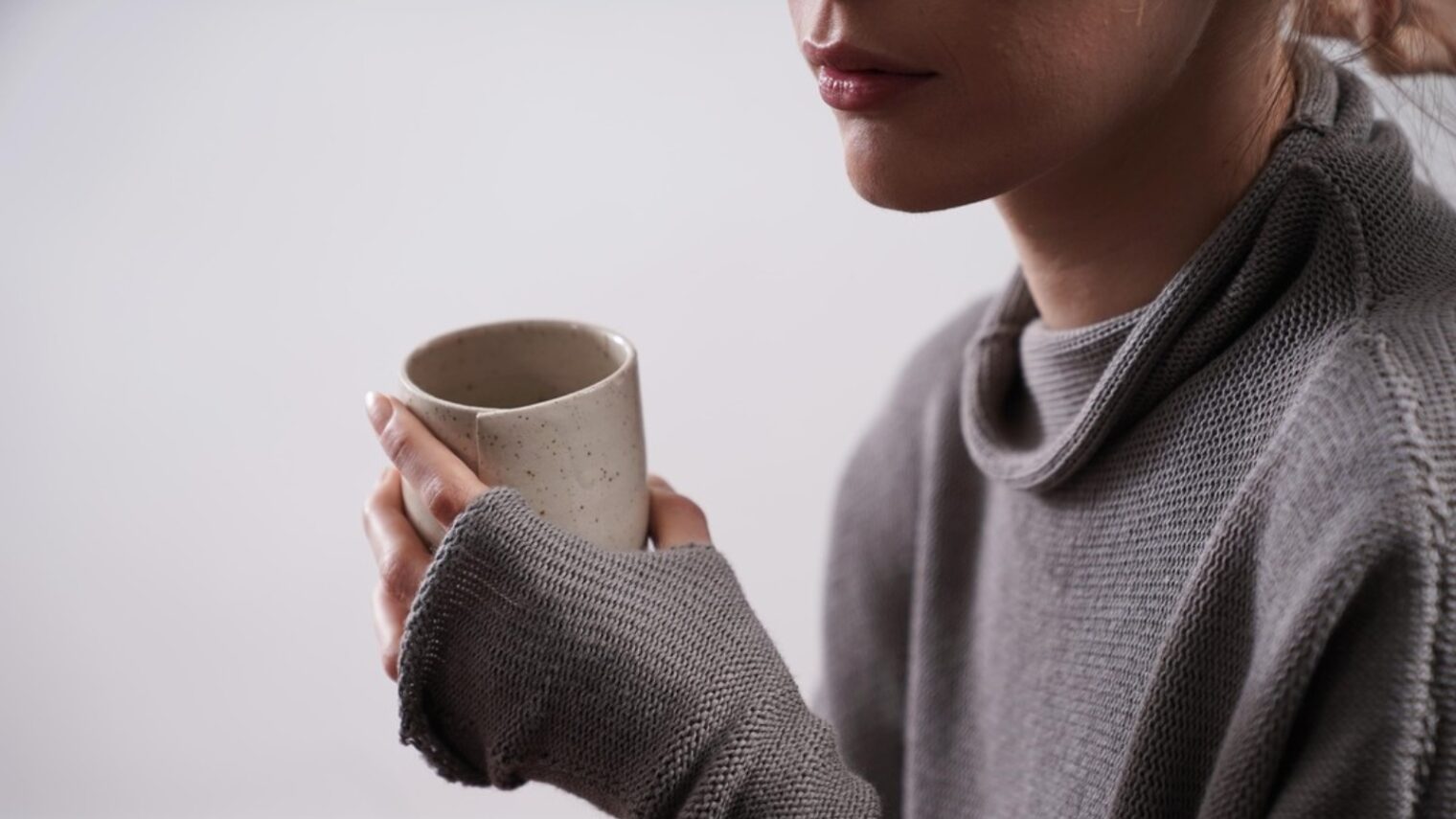In her second year studying textile and design at Israel’s prestigious Shenkar College of Engineering and Design, Tom Moatty attended a lecture about the environmental repercussions of the textile industry.
She was troubled to learn that fashion is one of the most polluting industries.
Producing a single pair of jeans emits as much greenhouse gas as driving a car for over 80 miles. A single cotton shirt takes 2,700 liters of water to produce, equivalent to the average person’s drinking needs for two and a half years.
And clothes made of non-biodegradable fabrics will sit in landfills for more than 200 years.
After that lecture, she became dedicated to the cause of sustainable fashion.
Moatty started her brand, Tooshaaya, from the ground up while she was still a student.
She describes the first couple of years as an intense internship. Her mother, designer and expressive arts therapist Tzameret Moatty, partnered with her to grow the company.
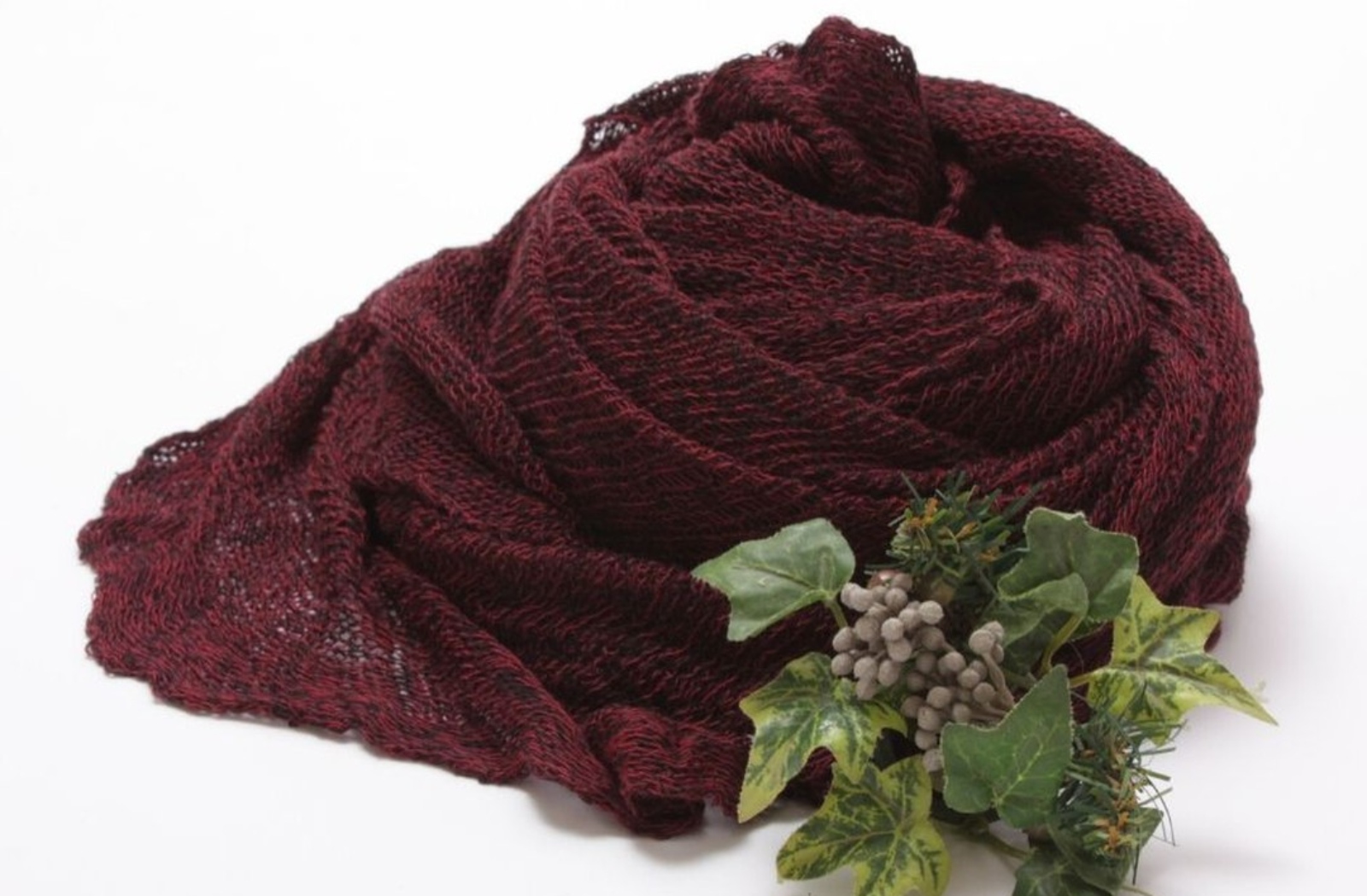
Bamboo and soy yarn
All the materials they work with are natural and biodegradable. Most are plant-based rather than animal-derived.
Moatty noted that in general when we think of plastic, and the destruction plastic causes, synthetic fibers are not usually even considered, though they contribute a great deal.
A 2017 International Union for Conservation of Nature report estimated about 35 percent of the microplastics that enter the ocean come via synthetic textiles.
One of Moatty’s favorite eco-friendly textiles to use is bamboo yarn, which she calls “vegan silk.”
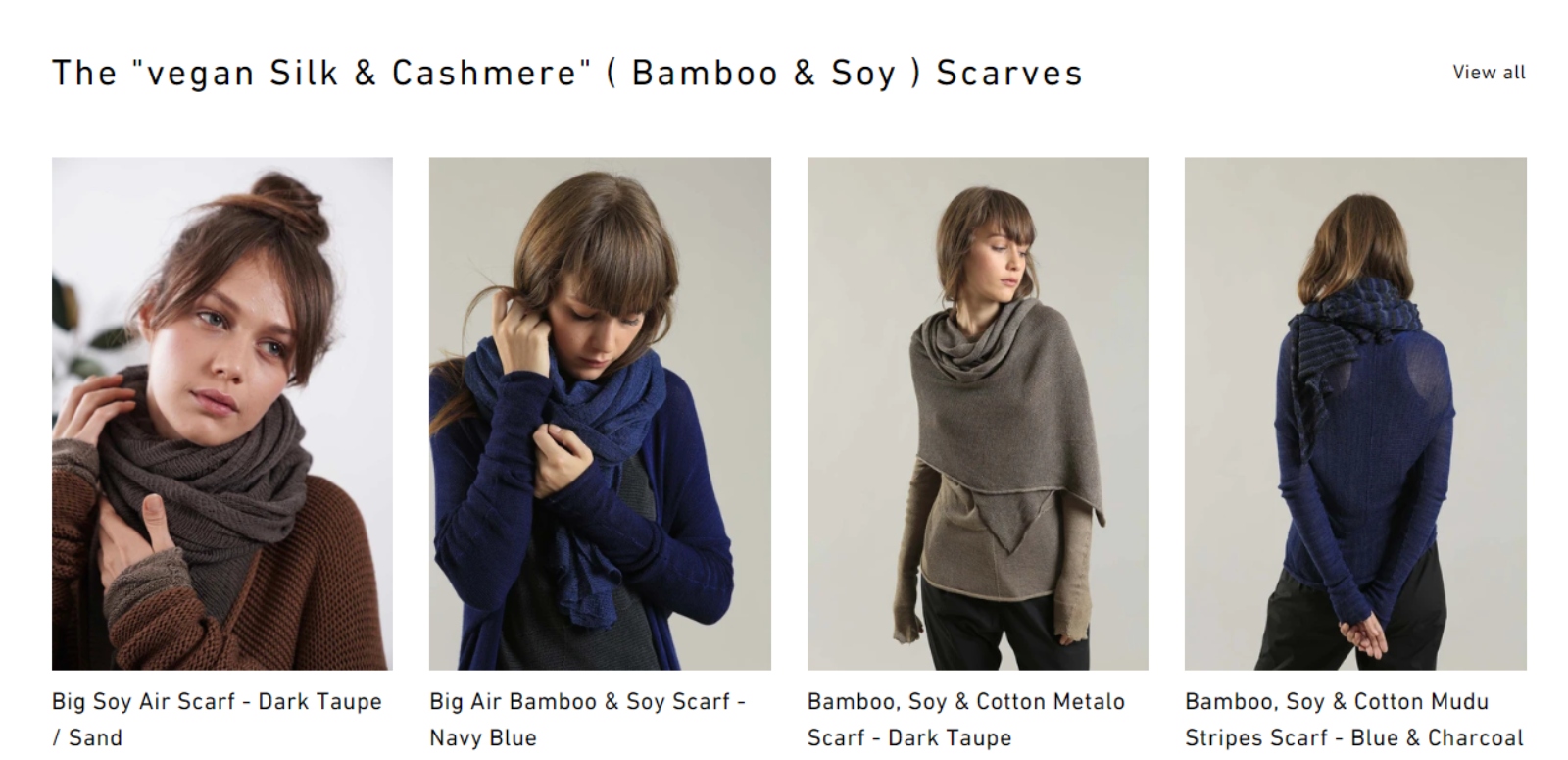
Bamboo yarn is extremely sustainable since bamboo grows very fast and does not require that much water. The fabric also has a special tactile quality that makes clothing breathable with a lot of thermal control.
Moatty said that bamboo is perfect for the desert climate of Israel because you can wear it when it’s hot during the day and when it’s cold at night.
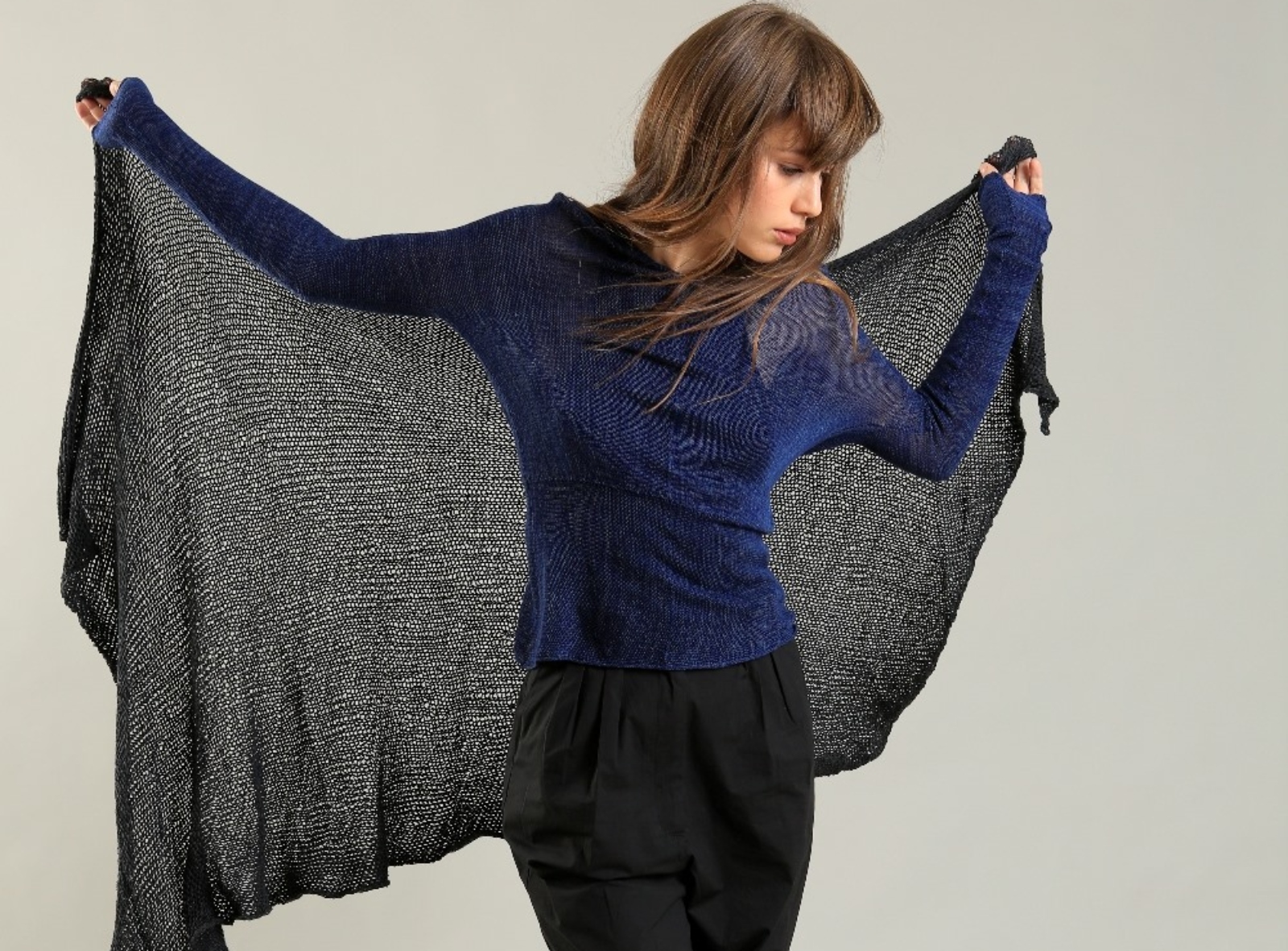
Another textile she works with she calls “vegan cashmere.” It is made of soy waste from the tofu industry, and shells of edamame combined with cotton and recycled into yarn.
Both bamboo and soy are hypoallergenic and antibacterial so are perfect for sensitive skin.
Slow fashion
All of Tooshaaya’s clothes are knitted using a handloom, in keeping with Moatty’s vision for her brand helping to bring back respect for handcrafts.
She says“fast fashion” has ruined the importance of crafting. Since replacing a clothing item is so cheap and easy, people pay less attention to the quality of their goods.
She tells ISRAEL21c that she hopes as people are becoming aware of the effect of fast fashion on our environment, they will begin to appreciate craftsmanship and become more mindful of their purchases.
To foster this value, Moatty encourages her clients to bring clothing back for repairs. She charges only the cost of materials.
She has also started making videos so people can repair their own items at home.
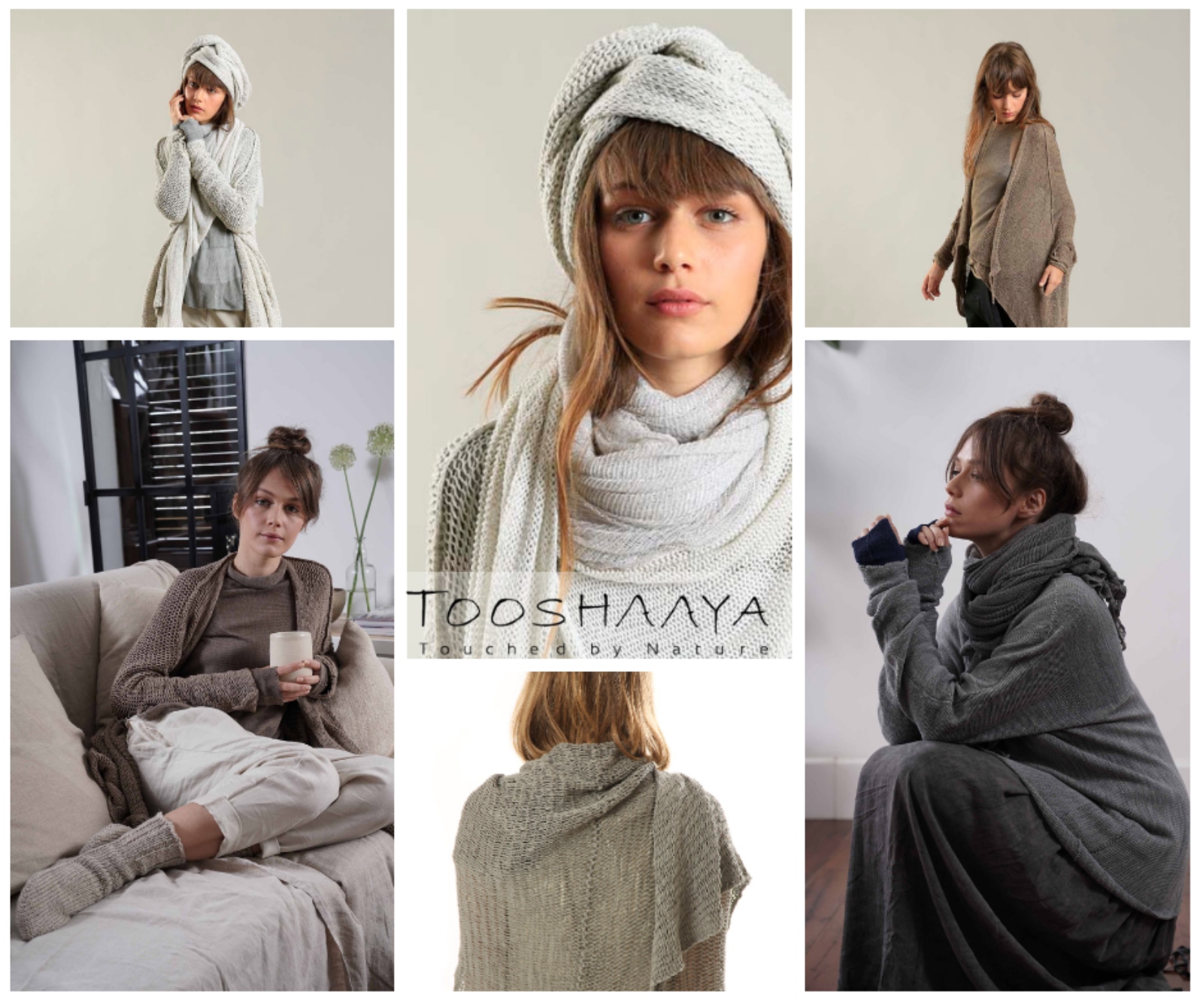
Timeless fashion
To ensure that customers do not discard her pieces after a single season, Moatty focuses on styles that are timeless rather than trendy.
Her main inspiration for design is from nature. Growing up in Arad, near the Dead Sea, the valley next to her house was her playground. As a child she loved playing outside and with the wildlife, especially snakes.
Her love of nature is evident in the color palette she chooses for her garments, consisting of many blues and greens.
Moatty lives in Tel Aviv now and calls herself “a nature girl in the city.” She also believes the purpose of her garments is to “make you feel natural in your own skin.”
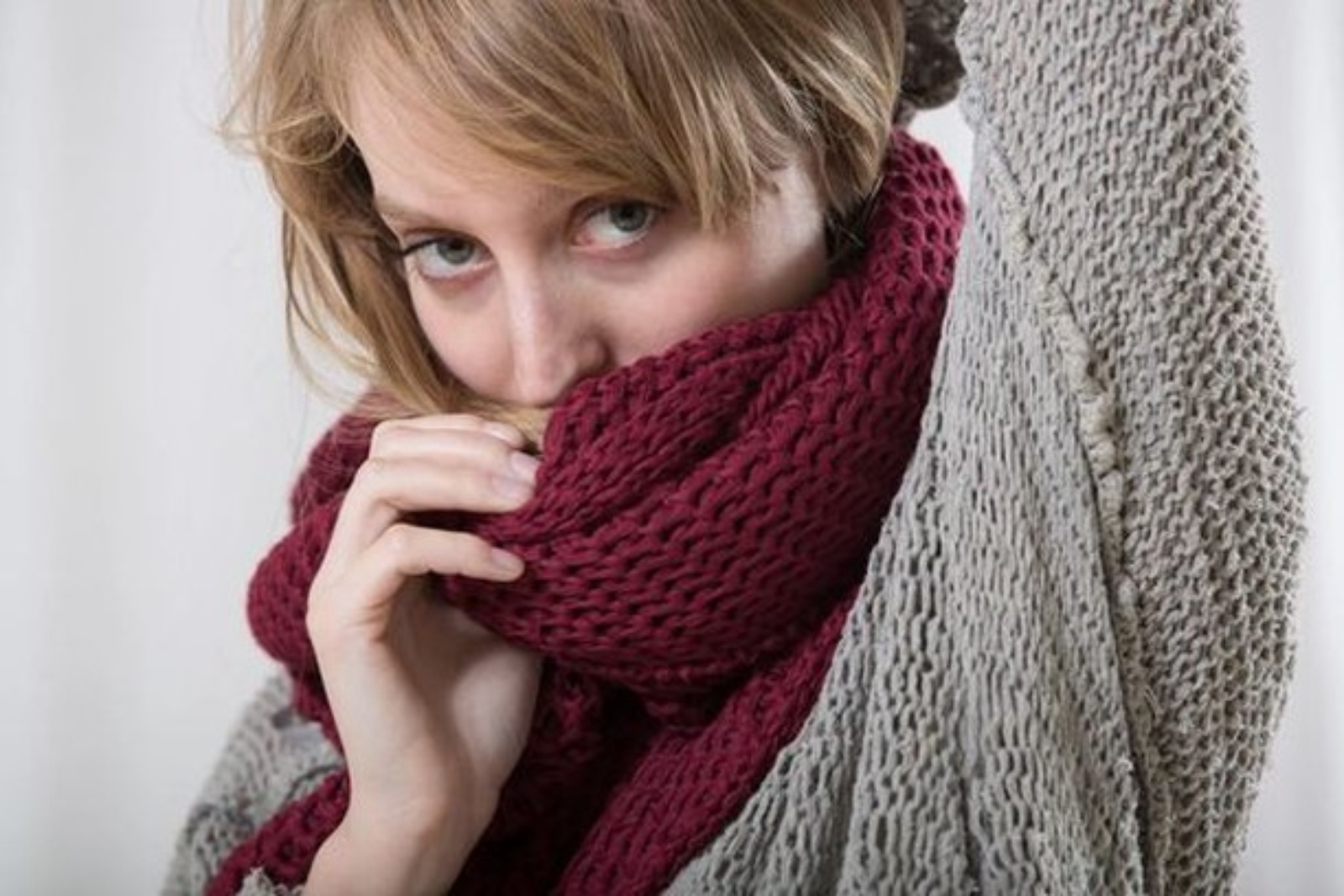
Tooshaaya is still a small company. Moatty operates out of a studio in Jaffa, and sells items to various boutiques and on Etsy, but most of her business comes from her website.
Going vegan has been a popular recent trend, with many making the change due to environmental issues. However, we often do not think of the effect our clothes have on the environment.
Whether you are vegan or not, it is a good time to think about the environmental consequences your next fashion purchase will have.
For more information, click here
Gabriella Hazan is an ISRAEL21c Digital Ambassador.




